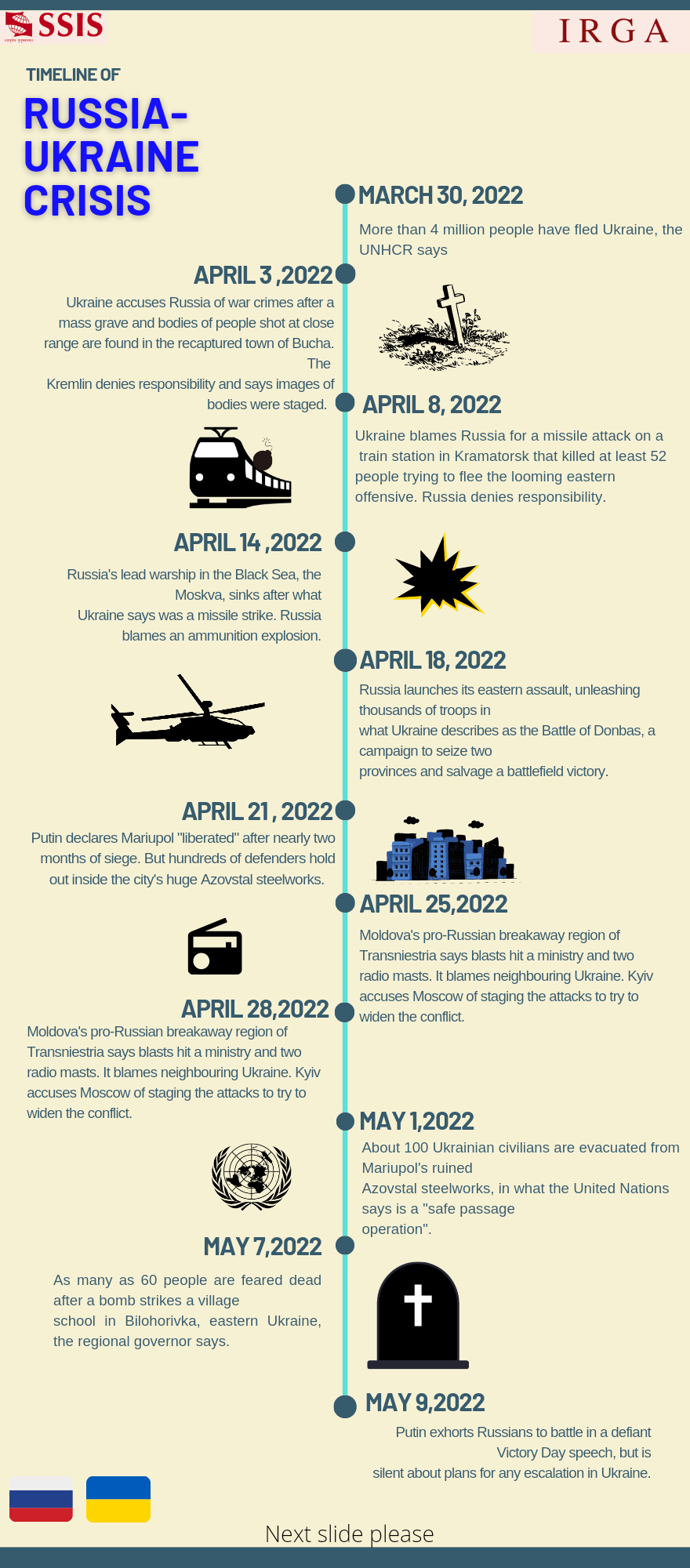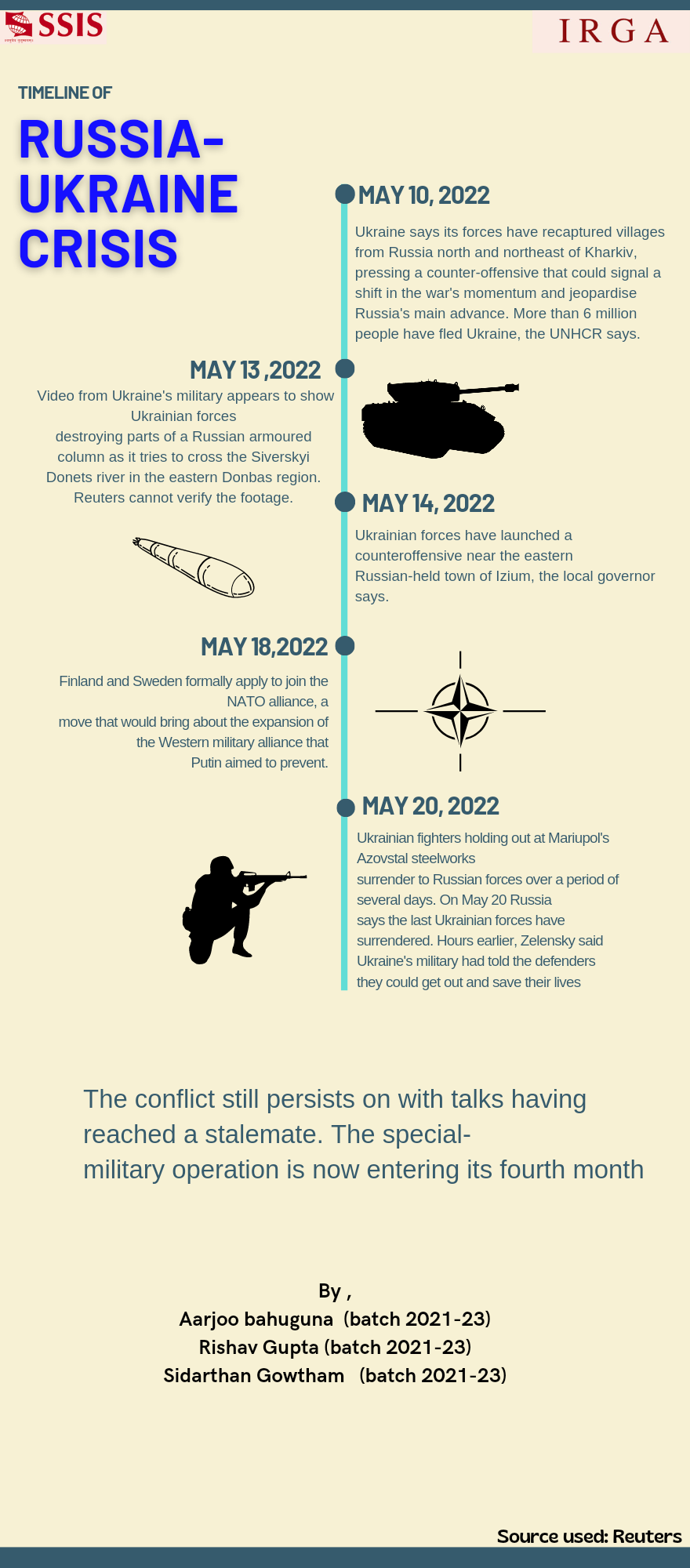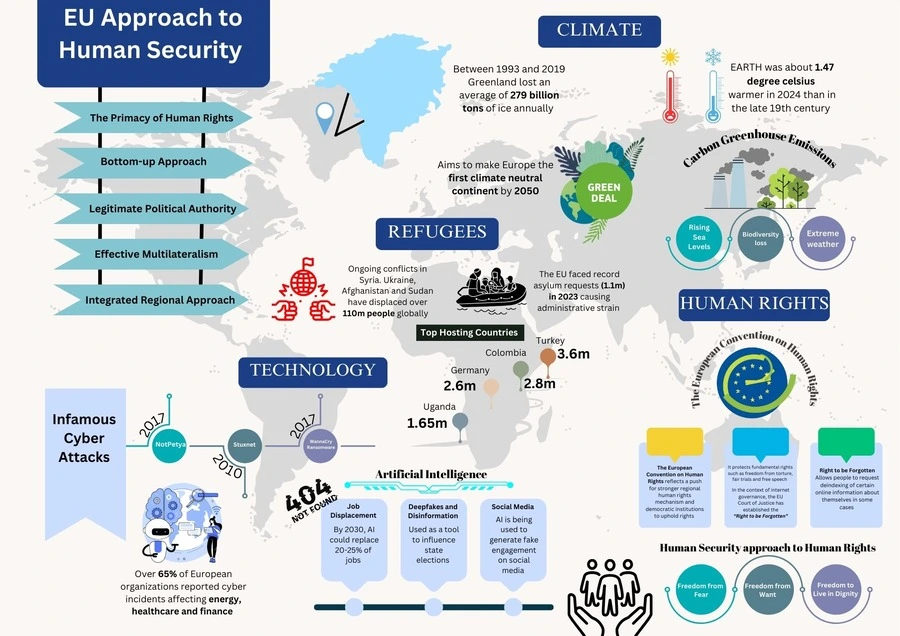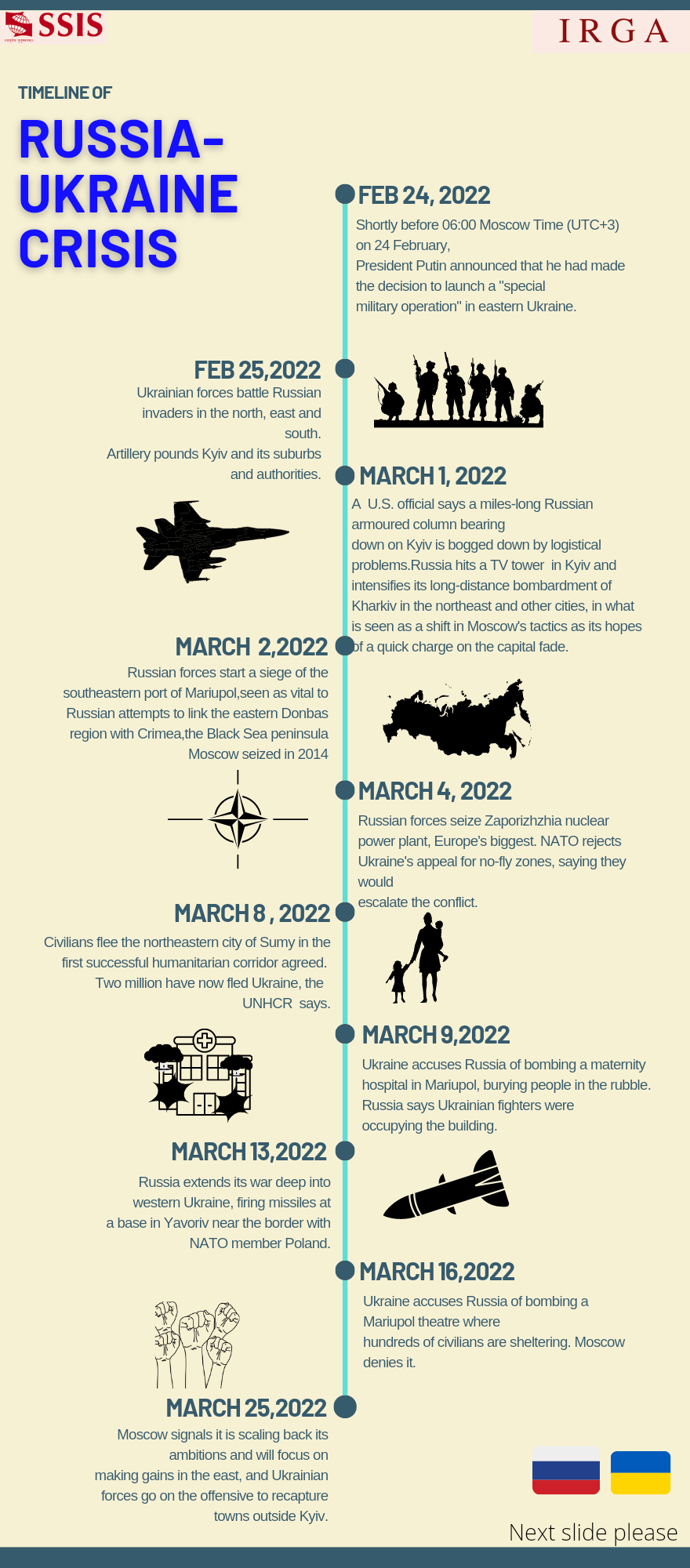

The principle of people-centeredness and the multi-disciplinary approach which includes international relations, development studies, human rights and peace studies, security and strategic studies, together form the cornerstone of the human security paradigm. Developed under the aegis of the United Nations Development Programme (UNDP) in the post-Cold War era, the idea of human security has offered an alternative discourse to traditional approaches to security, therein shifting the focus from the state to the individual. Recent years have witnessed the negative impacts of climate change across the world, the rise of violent extremism and radicalisation, regional conflicts, failing states, forced migrations, food insecurity and human rights violations. These threats are interlinked and could be found in situations of extreme insecurity albeit in different combinations. The purview of traditional security seems increasingly narrow in the fast changing, interconnected and interdependent global context and it is needless to state that these complex challenges will need novel solutions and that military interventions alone will no longer suffice.
The three fundamental dimensions of human security – freedom from fear, freedom from want and freedom from indignity- resonate with the goals and values that the European Union (EU) has espoused right from its inception. It could thus be inferred that the human security paradigm has been the centrepiece of most EU interventions in the past, and is today, the leitmotif of the European Union Global Strategy (EUGS). The EUGS delineates its vision to action trajectory in the following priority areas – security and defence, building societal resilience at home and abroad, public diplomacy, integrated approach to conflict and crisis, cooperative regional orders and rules-based governance.
It is against this rationale that the 80-hour module themed– The European Union and the Human Security Paradigm (EUHSP), will endeavour to explore the interplay between the human security paradigm and EU actions under the aforementioned sections of the EUGS. The current Covid-19 crisis has further emphasized the human security dimension and has presented both challenges and opportunities for the EU to leverage the advantage of its core principles of solidarity and humanism through actions at home and abroad
The EUHSP module would be embedded in the courses like – Area Studies- Europe and US elective, IR theories and key concepts, Human Rights and Peace Studies, Global Common Goods, International Security, and others, offered under the two-year Master of Arts programme by the Symbiosis School of International Studies (SSIS).
1.1 Background and general objectives
Symbiosis School of International Studies (SSIS), since its inception, has worked towards creating a sustainable learning space for the next generation of political and social scientists, commentators, researchers, practitioners, etc. while emphasising on a multidisciplinary and holistic approach in all its activities. A crucial contributor to this endeavour has been the MA International studies programme that the Centre offers to 40 students each year. A Master's programme in International Studies encourages students to relate theoretical concepts to specific, relevant world issues and challenges in international affairs today. The holistic nature of courses offered under the M.A. (International Studies) programme provides students with the lens to critically examine, analyse and understand contemporary issues based on a multi-disciplinary approach. The specialization offered under the course on Area Studies fosters scholarship of the region informed by a deeper understanding of an interconnected and interdependent world. The choice of regions offered includes - Europe/North America and Asia.
The proposed module on Human Security Paradigm represents a very prominent aspect of security and international studies while also providing context on certain political rhetoric especially in the contemporary global scenario. The resonance between the fundamental dimensions of human security and core EU values along with the Union’s influence as a key global actor, only further makes the case for the establishment of the module particularly for students specialising in the European and North American area. The module also delves deeper in understanding and fostering dialogue amongst various actors involved across different levels of policy making. This is a crucial aspect of the module content as the notion of security has changed in the post-cold war period, shifting focus from inter-state conflicts to state conflicts and more recently to individuals. This presents a multifaceted idea that can be analysed in various contexts thus increasing the scope of discussion as well as the actors involved. With EU as the central and the primary case study for discussions, the module aims to bring forth the sui-genris dimensions of EU policy making and generate insights and research on the same, along with a comparative view within the context of the globalised world.
Module Specific Objective: To explore the interplay between the human security paradigm and EU actions under the sections of the EUGS.
Project Objectives:
1.2 Needs analysis and specific objectives
The Human Security Paradigm, although a relatively new idea, has taken prominence in the discussions regarding security issues across the globe. The Human Development Report of 1994 brought to light the new security challenges faced by the world community in the post-cold war era. Seven areas of threats to global security were identified in the United Nations Development Programme Report (UNDP) ranging from economic and political security to health and food (UNDP, 1994, pg. 24-25). This approach also emphasised on the equity and equality issue that the human security discourse presents. Since then, this agenda has been a constant source of debate among the academic circles and policy makers. Thus, given the multi-faceted construct of Human security, its evolving nature, and its growing prominence due to global trends on the issue, there is certainly a need to analyse and study the idea in depth. Beside this general need for the introduction of the module, the case for studying EU’s response to this paradigm shift exists in its active initiatives within this realm.
Europe and more specifically EU shares in its core values and the fundamental dimensions of human security which are commonly categorised as freedom from fear (protection of an individual from violence) and freedom from want (focus beyond violence and on existential threats to a human’s life) (UNDP, 1994). This makes one of the world’s largest democracies and key actor, an active reference in policy making and intuitional responses and action on regional and international levels. The proposed module thus aims to explore Human Security Paradigm with a European focus. The module will also delve into comparative discussions of the subject matter vis-à-vis India and North America to provide a more holistic approach and to map the shifts in trends, scope, and challenges on the global front.
SSIS is best placed to take on this project given its existing body of work in international studies particularly in security and defence, foreign affairs, policy making and identity. The long term of objective of the Centre which is to become a Centre of Excellence for teaching and research in Europe and North American area studies from the perspective of international relations further adds to the relevance of the proposal. The Centre already offers a Europe specialisation within its MA International studies programme and endeavours to contribute towards building quality scholarship within the area especially in India. The Centre will also be introducing a master’s programme in European Studies soon which is currently being developed with the support of the University and external experts.
1.3 Complementarity with other actions and innovation— European added value
The Symbiosis School of International Studies (SSIS) was established in 2012 with an aim to bring the IR discourse to the Western region of the country through a well-designed academic programme, conferences, symposia, and exchanges with relevant stakeholders which include policy makers, NGOs, think tanks, the media, and other academic institutions. "Nurturing leaders for change" is the vision of SSIS and is embedded in all curricular, extra-curricular as well as co-curricular activities. The aim is to create a critical mass of young people who can lead and bring in a positive change through their professional as well as personal trajectories. Therefore, the M.A. International Studies programme offered by SSIS seeks to equip students with knowledge and skills pertinent to address the 21st century global challenges
SSIS understands the role EU plays in shaping the global trends and shifting world-order, and recognises it one of the key international actors. With this in mind, the M.A. International Studies programme offers area specialisation to its students starting from the second semester. This has allowed students to delve deeper in understanding EU’s history, political structures and policy making processes, role as a regional and global actor, etc. In order to further strengthen this aspect, SSIS has regular lectures and seminars by experts, practitioners, policy makers, etc. on contemporary issues faced by Europe in comparison and context of the global world. As part of its International Relations Conference Series, SSIS organised an International conference titled “India-EU: Enhancing Strategic Partnerships” which was supported by the Ministry of External Affairs, Government of India and the Delegation of the European Union to India and Bhutan in 2017. The conference addressed themes such as Partnerships for Security, Counter-terrorism and cyber-security, Energy security, Non-proliferation, Trade, among many others.
SSIS also aims to introduce a MA in European Studies Programme soon, which is currently being developed and consulted upon by scholars and experts in European, EU and India-EU studies. The objective behind the introduction of dedicated master programme is not only to allow students to specialise in regional analysis of Europe from an IR perspective but also view its history, opportunities and challenges from other lenses. The long-term vision of the Centre is to establish itself as a Centre of Excellence in International studies with an emphasis on area specialisations in Europe, North America and Asia. The proposed module and project activities are a step towards strengthening the Centre’s activities towards its vision.
At the University level, Symbiosis has been actively working with European partners for exchanges, Study in India Programmes and Erasmus+ projects. In addition, Symbiosis Law School offers a specialized certificate programme in European Union Legal Studies.













Symbiosis International (Deemed University) organized a Seminar on The China Challenge for the EU in the Indo-Pacific on 21st November 2022.
Read MoreSymbiosis International (Deemed University) organized a Seminar on Sino-Russia Relations: Implications for Europe and India on 5th May 2023.
Read More